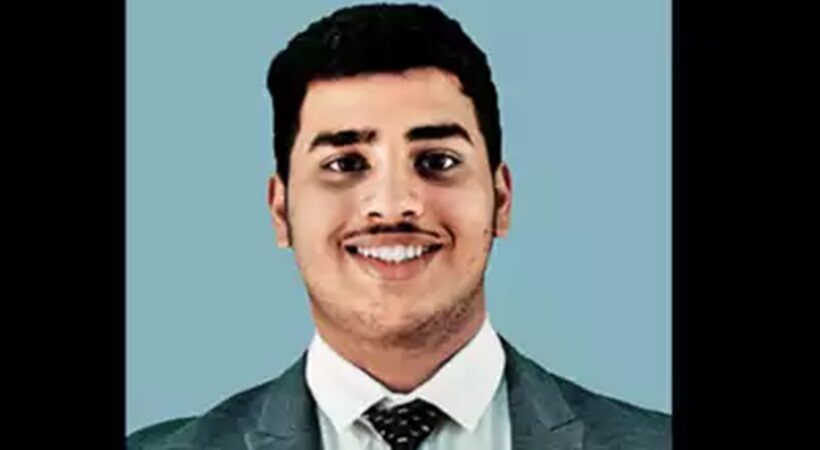Sixteen-year-old Gobhanu Sasankar Korisepati, who lives in Muscat, has been running an initiative that provides interest-free loans to women from poor backgrounds in developing countries. So far, the initiative has successfully shaped the lives of more than 1,000 poor women in as many as 77 countries.
Sasankar took a cue from Grameen Bank, established by Nobel laureate Mohammad Yunus in Bangladesh and took the help of his classmates and their parents to raise about 10,000 Omani Riyal (Rs 19.8 lakh). This amount financed the poor women earning their livelihoods by running petty businesses.
All of Sasankar’s loans are interest-free, with a recovery rate of 98.75%. The women beneficiaries include farmers, weavers, petty traders and artisans.
Sasankar, who has tied up with a non-profit organisation called Kiva, extends assistance once the beneficiaries are identified. Kiva is based in San Francisco and does the background check and subsequently recommends beneficiaries.
In September last year, the microfinance platform called Sustaining Women in Financial Turmoil (SWIFT) was set up, and since then, women in India, Albania, the Philippines, Ecuador and Kyrgyzstan, among several other countries, have received assistance from Sasankar.
According to Sanaskar, who hails from Andhra Pradesh’s Nellore, extending interest-free loans to recycle the money, instead of donating money is a wiser decision and creates an impact worldwide. He first came to know about interest-free microfinancing during his internship with the Grameen Bank in Bangladesh. Following that, he decided to start doing something similar in Oman.
“I asked for donations from 19 of my friends pursuing 8th to 10th grade from ABA Oman International School and founded SWIFT. Instead of spending the fund in charity, I decided to extend interest-free loans to women and perpetuate the benefit of one-time donation,” Sasankar was quoted as saying.
“Since we have rolled out the loans, our repayment rate has been very high. Plus, they can withdraw their funds at any time,” he added.
Kiva had earlier given loans to the tune of 1.61 billion US dollars; amongst as many as four million borrowers, Kiva holds a repayment rate of 96.3%.
For his work, he credited his parents and his teacher, Aneesh Kumar Chellappannair, whose constant guidance was of great help to the youngster.
Talking about why his focus was on ‘women in financial turmoil’, he said, “I was shocked when I found that the unemployment rate amongst women in Oman alone is 12% which is more than the world average of 8%. I believe microfinancing can play a significant role in this direction.”



















